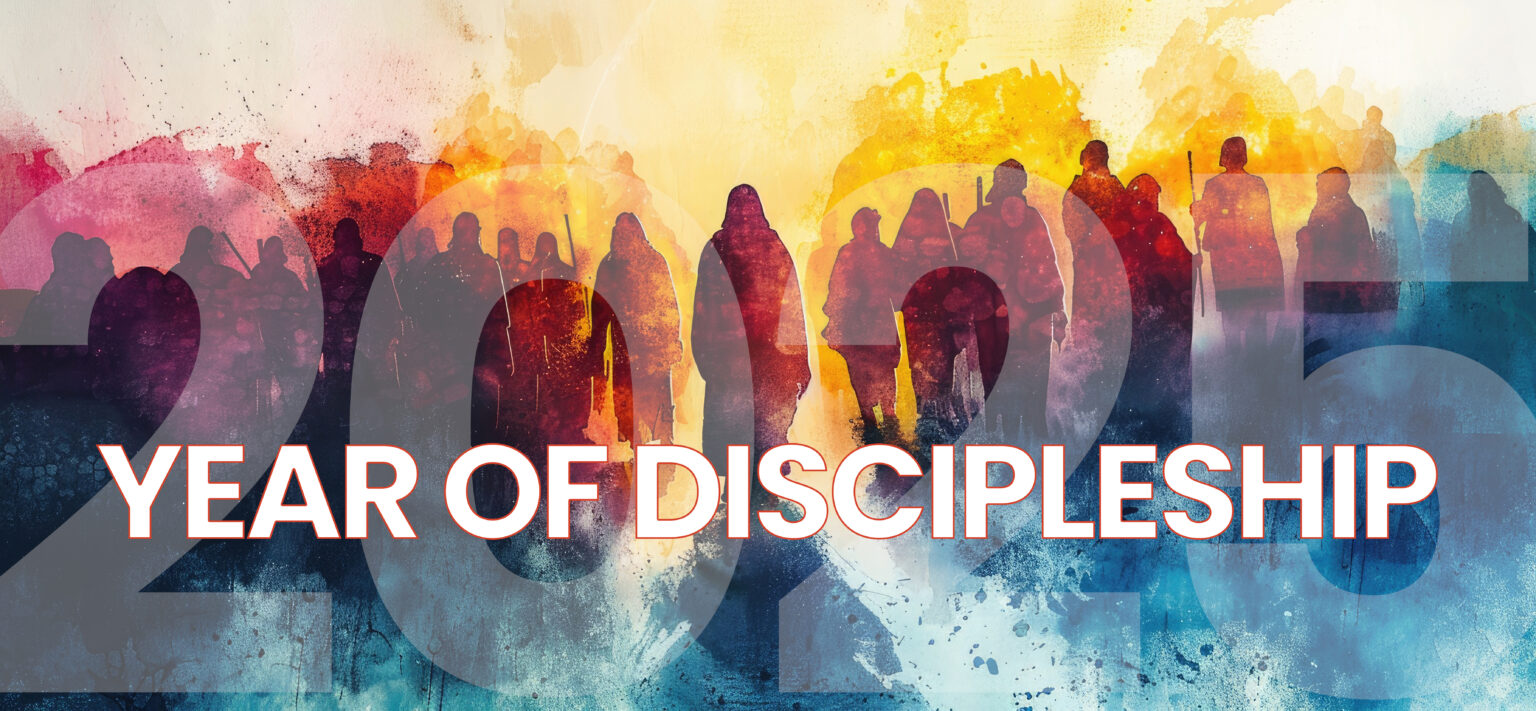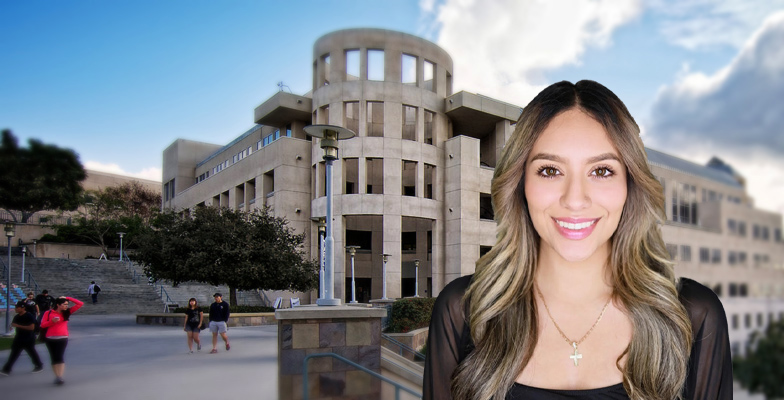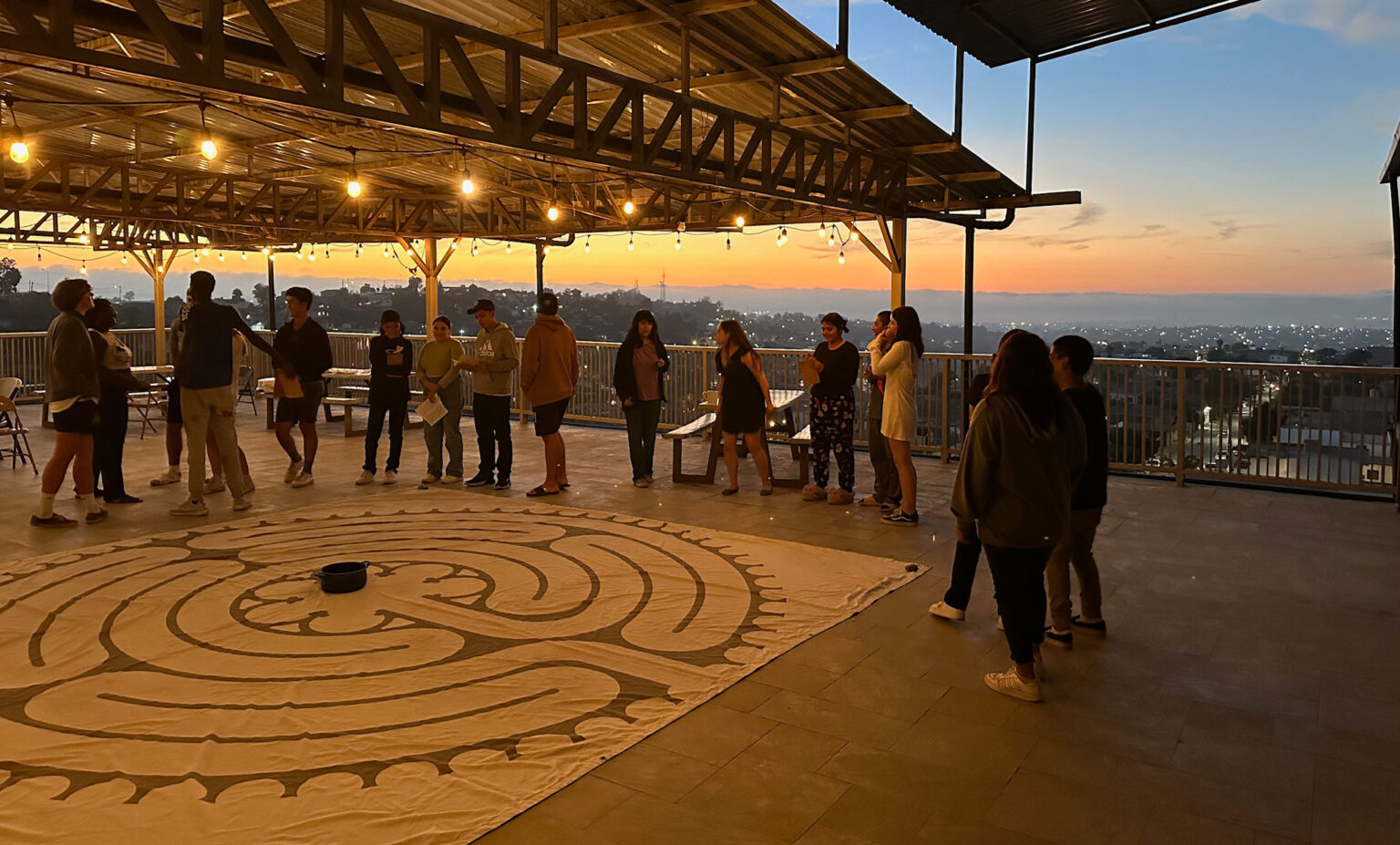Tijuana has long been a crossroads for migrants from rural areas of Mexico, including indigenous groups and impoverished farming communities. Every year, families from across the country arrive at the border, hoping to find better-paying jobs and a more secure way of life. Many also hold the dream of crossing into the United States, seeking to escape violence, corruption, and a lack of opportunity, but many find themselves stuck in Tijuana due to stringent U.S. immigration laws. In recent years, the scope of migration has broadened to include not only Mexicans but also people from nations such as Haiti, Venezuela, and various Central American countries, all seeking asylum and a better life.
 This influx of migrants has placed immense pressure on Tijuana, particularly around shelter provision. Shelters serve as crucial resources for migrants, offering a safe space to rest, recover, and find help. As migration continues to surge, the need for shelters has never been more critical.
This influx of migrants has placed immense pressure on Tijuana, particularly around shelter provision. Shelters serve as crucial resources for migrants, offering a safe space to rest, recover, and find help. As migration continues to surge, the need for shelters has never been more critical.
The scale of the migration crisis is staggering. In the fiscal year 2023 alone, there were approximately 2.5 million encounters with migrants at the U.S.-Mexico border, according to the Migration Policy Institute. These individuals often arrive in dire need, seeking refuge from violence, poverty, or political persecution. For many, Tijuana becomes a waiting ground as they try to enter the U.S., leaving them stranded in precarious conditions for months or even years.
The existing migrant shelters in Tijuana are insufficient to meet the growing need. Overcrowding, limited resources, and the inability to offer comprehensive services to every migrant in need paint a stark picture of the humanitarian crisis. More shelters are urgently needed, but not just any shelters—facilities that provide beds and wraparound services to support the physical, emotional, and psychological needs of migrants.
a stark picture of the humanitarian crisis. More shelters are urgently needed, but not just any shelters—facilities that provide beds and wraparound services to support the physical, emotional, and psychological needs of migrants.
Many migrants, especially women and children, arrive traumatized. They have fled dangerous situations, leaving behind everything familiar in search of safety. Shelters offering trauma-informed care and emotional support are vital. Shelters must go beyond being a mere stopping point; they must serve as places of healing and restoration.
Historically, most migrants arriving in Tijuana were men, often traveling alone, seeking temporary employment in the U.S. before returning home. Today, the demographic has shifted dramatically. Entire families, women with children, and even unaccompanied minors make up a large proportion of the migrant population. They are fleeing criminal violence, political instability, and the devastating effects of climate change on rural farming communities. Many of these migrants come from poor, rural areas where access to education is limited. Field interviews indicate that less than 50% of these migrants have completed primary education, and most have held informal, low-paying jobs, such as domestic work or gardening.
As these families arrive in Tijuana, they are met with yet another harsh reality: they are stuck. U.S. immigration policies prevent many from crossing the border, leaving them in limbo. Without legal status or work permits, they have little chance of finding stable employment in Mexico, pushing many into poverty or informal work that offers no security.
Tijuana is also home to many deportees. These are individuals who were living in the United States—some for many years—before being deported back to Mexico, often separating them from family members who remain in the U.S. Many deportees choose to stay in Tijuana because it is close to the U.S., allowing them to remain in touch with their families. However, deportees face significant challenges upon their return. Many of them have never lived in Tijuana, have few local connections, and struggle to integrate into the local economy. They come from diverse backgrounds, from laborers to professionals, and many are parents of U.S.-born children who may not even speak Spanish, compounding the difficulties they face in adjusting to their new reality.
 The emotional toll on deportees is heavy. Many suffer from depression, anxiety, and the trauma of family separation. They often experience rejection from residents and are targeted by criminal gangs who see them as vulnerable. Like migrants, deportees are often forced to seek shelter in unsafe areas, such as drainage tunnels and abandoned buildings.
The emotional toll on deportees is heavy. Many suffer from depression, anxiety, and the trauma of family separation. They often experience rejection from residents and are targeted by criminal gangs who see them as vulnerable. Like migrants, deportees are often forced to seek shelter in unsafe areas, such as drainage tunnels and abandoned buildings.
Shelters offer temporary relief from the dangers faced by migrants and deportees, but the goal must be more than just providing a bed for the night. The aim is to create spaces that foster stability, dignity, and long-term solutions. Shelters like those in Tijuana must offer services such as job training, language classes, childcare, and psychological support to address the full range of needs presented by these vulnerable populations.
Shelters also provide a vital sense of community. Migrants and deportees are often isolated, separated from family and friends, and facing an uncertain future. Shelters can serve as places of connection, where individuals find not only support services but also companionship and solidarity. By addressing both the immediate and long-term needs of migrants, shelters help to restore a sense of hope and possibility.
Recognizing the critical need for comprehensive support, the Episcopal Diocese of San Diego, in partnership with four other organizations, is working to establish a new shelter in southern Tijuana called Comunidad de Luz, or Community of Light. This shelter is designed to provide more than just temporary housing. It is a holistic, integrated residential program aimed at supporting migrant women, children, and orphans who have arrived in Tijuana from other parts of the world.
The property, which currently houses an orphanage for 20 children, can serve up to 100 women and children. The shelter will provide essential services such as job training, psychological care, and childcare, helping women build new skills and offering children a stable environment in which to thrive. By focusing on these populations, Comunidad de Luz seeks to break the cycle of poverty and trauma that often traps migrants in Tijuana, offering them a real chance at rebuilding their lives.
and childcare, helping women build new skills and offering children a stable environment in which to thrive. By focusing on these populations, Comunidad de Luz seeks to break the cycle of poverty and trauma that often traps migrants in Tijuana, offering them a real chance at rebuilding their lives.
Bishop Susan Brown Snook of the Episcopal Diocese of San Diego encapsulated the vision of the project: “We are called to care for the least of these, not just in word, but in deed. Comunidad de Luz is an answer to that call. It’s a place where the love of Christ is not just preached but lived out, day after day, in the lives of the people we serve.”
The Episcopal Diocese of San Diego has long been involved in supporting migrant communities, but the establishment of Comunidad de Luz represents a new chapter in that commitment. This past August, a group of teenagers from churches throughout the diocese, led by Charlette Preslar, Director of Formation, traveled to Tijuana to help prepare the space for its new residents. Working alongside local youth, the group painted walls, repaired dormitories, and shared meals and laughter with the children at the orphanage.
These service trips are more than just an opportunity to help—they are a chance for young people to connect with those in need, building bridges of understanding and solidarity across borders.
This Christmas, the Episcopal Diocese of San Diego is launching the “There is Room at the Inn” campaign, inviting individuals and congregations to support Comunidad de Luz. By participating in this campaign, you can help make this shelter a true home for migrant women and children.
Angel Level: Gifts of $10,000 or more will provide funding for program staff for one year.
Magi Level: Gifts between $5,000 and $9,000 will cover food costs for up to six months.
Shepherd Level: Gifts between $1,000 and $4,000 will provide job training for women.
Manger Level: Gifts between $500 and $900 offer bedding, hygiene products, and clothing for one family.
Lamb Level: Gifts up to $500 will help children purchase school uniforms and supplies.
Your generosity can make a tangible difference in the lives of those most in need, offering dignity, hope, and a future.
Give Today
In a world where migration often brings pain, separation, and loss, Comunidad de Luz aims to be a beacon of hope. Together, we can ensure that there is room at the inn for all who seek refuge.













